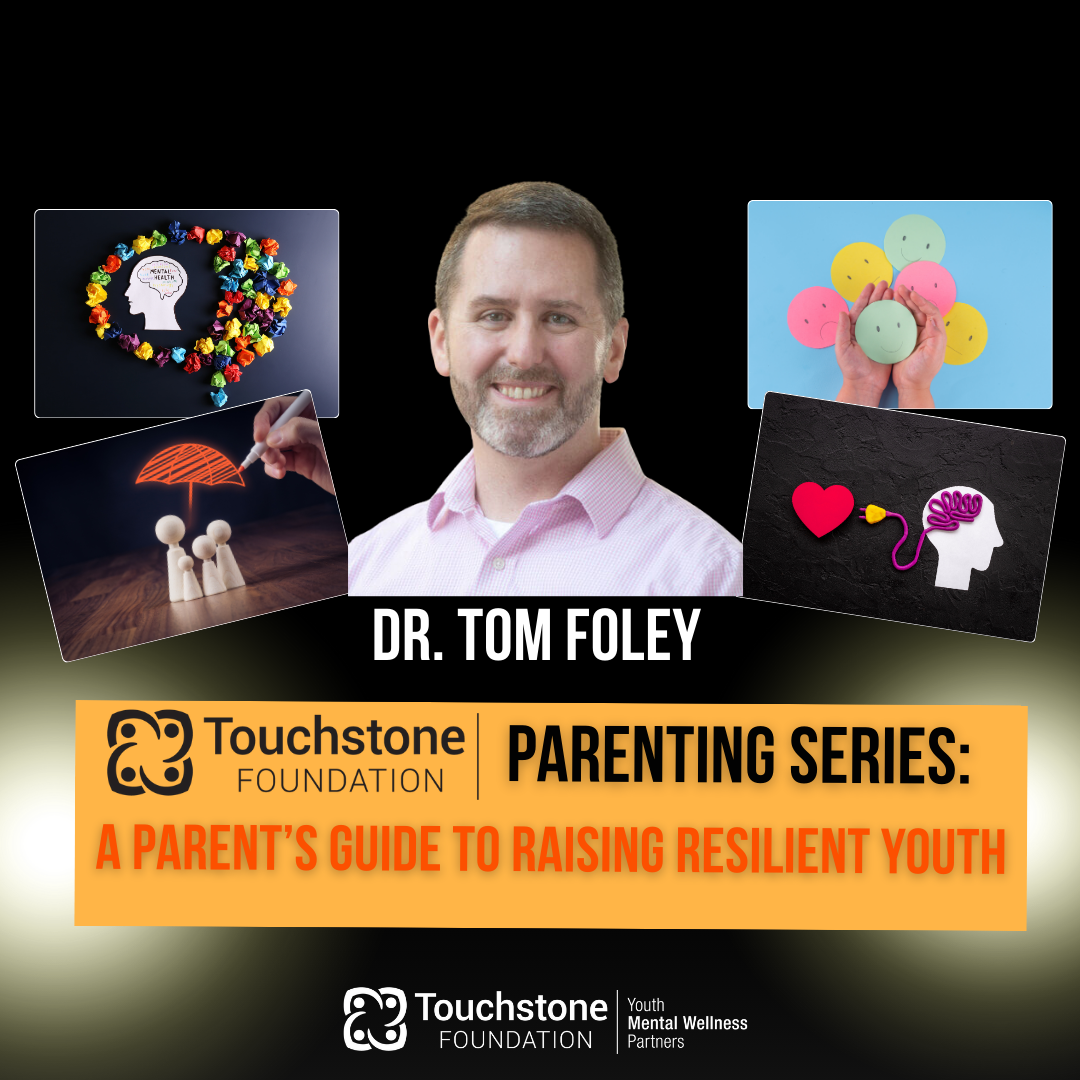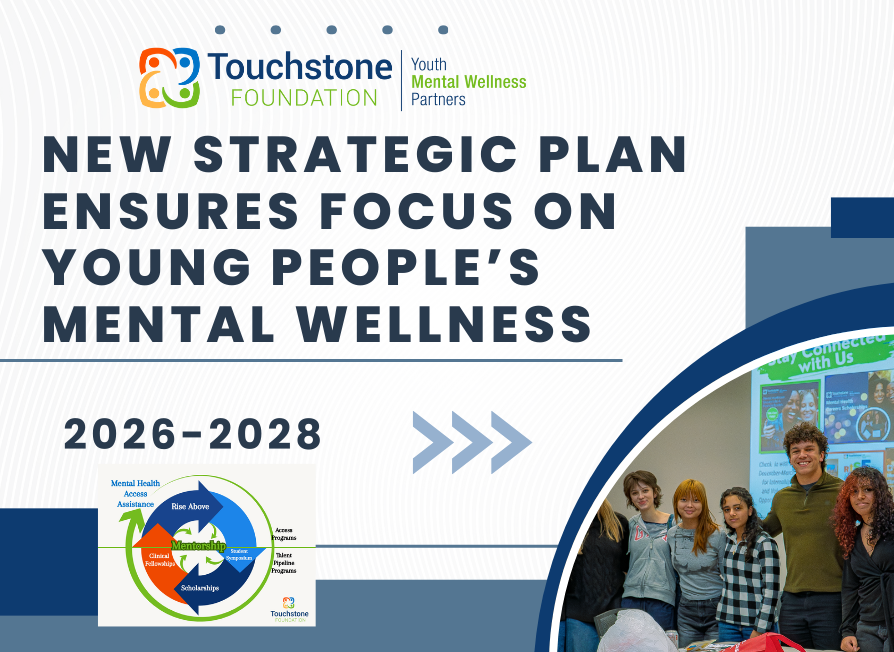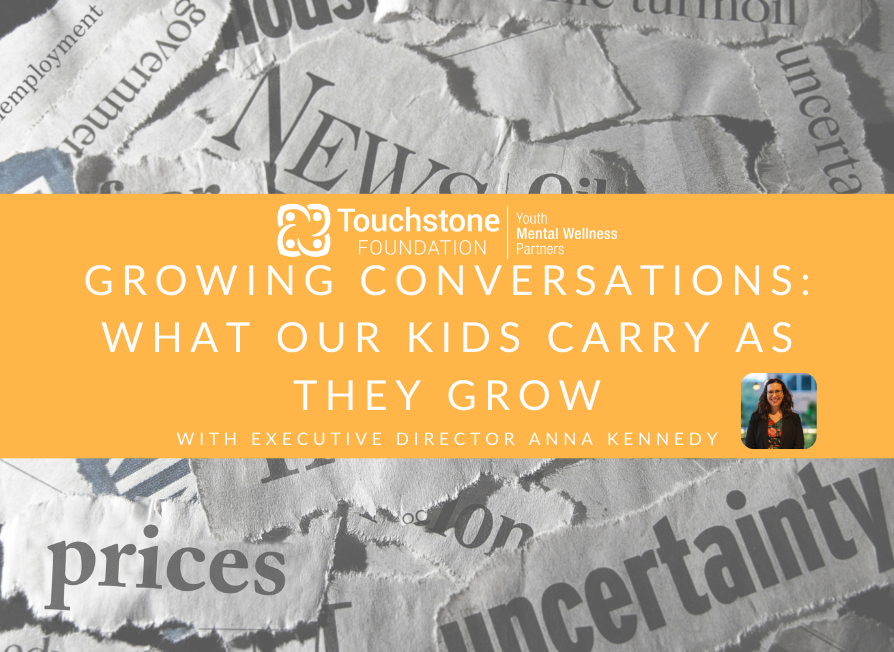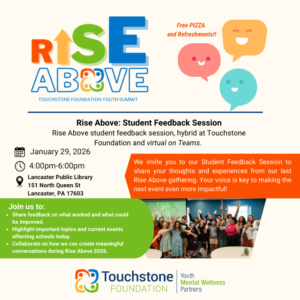We recently hosted an info session for organizations interested in applying for LOHF Children’s Behavioral Health Grants. View the full presentation and handout here. The following are Q&A and discussion highlights from the session. The next application deadline is September 1, 2018. There will be another round of grants available in spring 2019.
What does LOHF mean by seamless transition of services for young adults?
“Seamless transition of services for young adults” means youth between the ages of 16-25, for whom at age 18 or 21, mental health services stops, changes, or becomes increasingly complex. We identified this need in our 2015 Lancaster County needs assessment when we heard from providers and parents that adolescence poses some of the greatest challenges in mental health when young adults are transitioning from a child system to an adult system.
Can an applicant apply for funding in both grant cycles?
Yes, we have several organizations who have applied in both our spring and fall funding cycles. We have funded organizations, for different programs, in both funding cycles. We have also funded the same organization for two different programs in the same funding cycle.
Do you only fund new programs or will you fund existing programs as well?
LOHF will fund new and existing programs as long as the program is well-aligned to the outcomes we’ve identified as needs in Lancaster County children’s behavioral health. We want to support existing program expansion or the introduction of evidence-based programs from other places to Lancaster County.
What does it mean for a program or service to be evidence-based?
An evidence-based program or service is based on a reviewed model with data (such as pre/post-test evidence) that can be cited. Examples of such programs that LOHF has funded are Nurse Family Partnership, Incredible Years, Parent-Child Interaction Therapy, and Reach Out and Read. Evidence-base is not a requirement of funding, but it is a review question in our criteria. A helpful resource for evidence-based programs is from the Substance Abuse and Mental Health Services Administration (SAMHSA).
Must the program for which an applicant applies be a direct service?
No, in fact, we have seen an increase in requests to fund training, workforce development, and other types of education programs for parents and providers.
Insights our current and past grant partners discussed with potential grant applicants included:
- The wisdom of being financially supported by multiple sources
- LOHF’s expectations of good data on models
- LOHF’s flexibility in how funds may be allocated within the program or service
Learn more about our Children’s Behavioral Health Grants.





